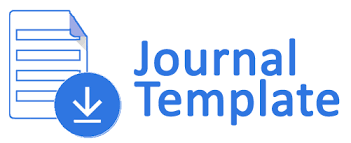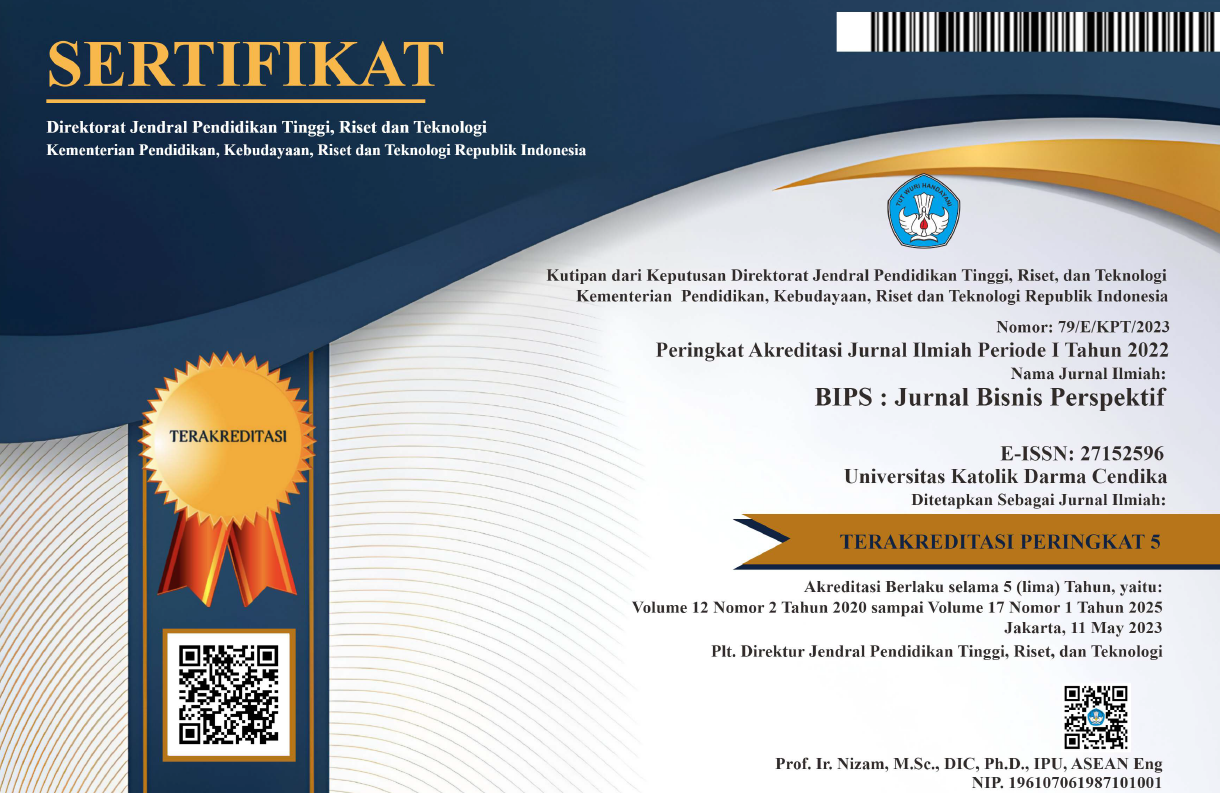Faktor-Faktor Untuk Meningkatkan Penerimaan Pajak Pertambahan Nilai Di Indonesia
DOI:
https://doi.org/10.37477/bip.v13i2.219Keywords:
value added tax, tariff, object expansion, object exemptionAbstract
In the current era of the economic crisis caused by the Covid-19 virus pandemic, the performance of tax revenues worldwide is declining. Indonesia's tax revenues in 2020 experienced a significant decline, including Value Added Tax receipts which decreased by 14.89% compared to 2019. This study shows that in the current situation there are factors that support and hinder the increase in Value Added Tax revenues. Factors that support the increase in Value Added Tax revenue include: an increase in the fiscal deficit, a decrease in imports, a longstanding Value Added Tax, and the efficiency of tax administration by the government. Meanwhile, the factors that hindered the increase in Value Added Tax revenue were: negative Gross Domestic Product growth, decreased service consumption, decreased C-Value Added Tax efficiency. To increase the value added tax revenue, it is better not to increase the Value Added Tax rate, because most countries in ASEAN use a tariff of 10% or less, except in the Philippines where the rate is 12%. If the rate of Value Added Tax is still increased, the maximum is not more than 12%, and it is temporary in nature for now and will be returned to the original rate or lower after the economic crisis era has passed. Expansion of the object of Value Added Tax can be done, among others, by reducing goods and services that are exempt from the imposition of Value Added Tax, which are facilities freed, are not collected, and are borne by the government. If there is an expansion of the object of the imposition of Value Added Tax, then it should be done very selectively and not to be counterproductive by still giving exceptions to basic necessities that are needed by the community and services that have social objectives or based on international rules are exempt from being imposed. It is also hoped that the reduction in the number of exempt goods and services will not interfere with the economic activities of the community, let alone cause unrest in the community.
Downloads
Published
How to Cite
Issue
Section
License
Authors publishing in this journal agree to the following terms:
- The author retains copyright and grants the journal rights of first publication with the work simultaneously licensed under a Creative Commons Attribution ShareAlike License License that allows others to share the work with acknowledgment of the author's work and initial publication in BIP's: Journal of Business Perspectives.
- Authors may include separate additional contractual arrangements for non-exclusive distribution of the published version of the journal (e.g., submit to an institutional repository or publish in a book), with an acknowledgment of the original publication in this Journal.
- Authors are permitted and encouraged to post their work online (e.g., in institutional repositories or on their websites) before and during the submission process, as it can lead to productive exchanges, as well as citations of previously published work.
Each author is expected to complete the copyright process with a document of the originality of the manuscript, the templated document is below:


7.png)


6.png)
2.png)


